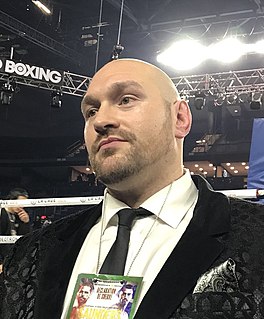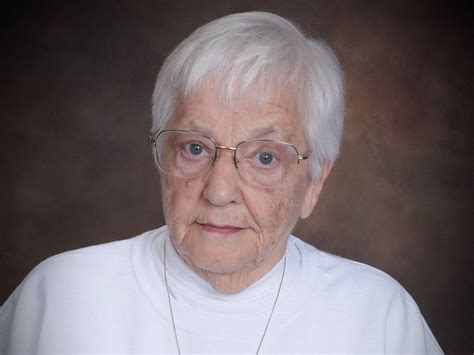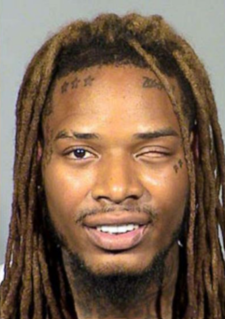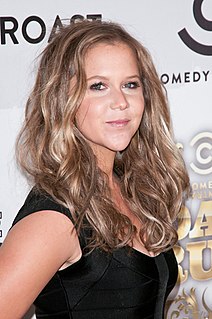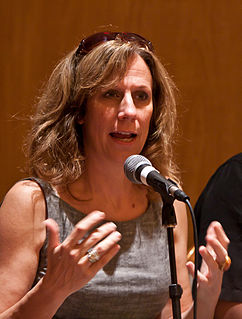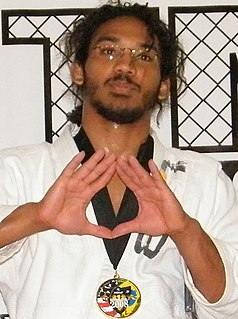A Quote by Wyatt Cenac
There are plenty of people I've seen and thought that person is funny, or that person is really talented, and they've got something, but maybe the buying public doesn't see the same thing I see, or the stars don't align in the right way for them.
Related Quotes
What do I see when I look in the mirror? One handsome man. No, I see the same person I have seen for the last 27 years: the person I believed I could be when I was a child, the person I have inspired and dreamed to be all my life, and that's the person I have seen, from being that big to as big as the roof - the same guy.
Steve Jobs was not an engineer: He was a brilliant individual with this ability to see around corners, to see things that other people couldn't see. I've learned over the years in the Apple that there are some really talented people who can take the same evidence, the same facts, and look at them and see them in a way that interprets those facts entirely different than most people do.
My mom, my father, my little sisters, and my brother - I don't got that much family. I'm not really a family person. I just do my own thing. But I've just been spending time with my mom, especially since the [September motorcycle] accident happened. I drive all the way down there to Georgia just to check up on her. You just get tired of being that person that you thought you were. I don't feel no different. I see the music, because I made it. I don't really see the fame.
Throughout history in the theater and film people do like sarcastic characters, and they do like curmudgeons - if they're amusing, they do like them despite the fact that they're vitriolic, particularly if they're for the right thing. If you can see that the person is a decent person and is for the right thing, and is not just a nasty person with base motives, but someone who is a decent human but expresses himself.
My idea of a good picture is one that's in focus and of a famous person. People are only glamorous if you don't see them. Like the movies used to make people years ago. There is something about people on screen that makes them so special; when you see them in person, they are so different and the whole illusion is gone.
Unless you can point to something that I have done or said that has changed the course of the public opinion in a negative way, you've got to check yourself sometimes and say, "Maybe I don't like the way that this thing is said, but it's expanding tolerance." If I said something that was shutting down something that was positive, call me out, but I don't really see me doing that.
So it's a dangerous thing and conversely, the other thing I mentioned in that post was that people see guys who are kind of in touch with that and become famous for it and then think maybe they can get in on it. Maybe they're not quite as cynical as that and there's some sincerity about them, but they don't really get it so they just imitate what they've seen from people who've done it before and of course you can make big money that way.
What is true about a person? Would I change in the same way the river changes color but still be the same person?... And then I realized it was the first time I could see the power of the wind. I couldn't see the wind itself, but I could see it carried water that filled the rivers and shaped the countryside.
I really learned that, when I got into television, I really learned the power, how deeply it affects people to see themselves on television, to see something that they can relate to, that they feel is like them in some way; people feel validated. Its not a little thing. It really means a lot to people. It actually can change people.
The funny thing I thought was, no matter what, people talked bad about cops. But as soon as something bad happened, when their car got stolen, who was the first person they called? Police officers. They expected them to help out and take care of them to get their stolen car back, and they did. That, to me, was a pretty big thing.
One of the things that is always difficult about a collaboration is that you don't necessarily find the same thing funny. And so the challenge becomes, how do you tell the other person that you don't think something's funny? The best collaborations tend to be when you are willing to be told that. But there's also ego involved, and so there's a lot of frustration in knowing that you're writing something, and the other person, on some level, needs to think that it's funny.
I believe, and this is something I also learned from Alice Munro, that there's a moment where the personal becomes totally universal. When you see that person in their pathetic moment, that's the moment where the completely unifying sympathy with that person is possible - where you're no longer a person here and they're someone over there, and you can really feel like one, you can really feel like a human being. Or more like, you can really feel like flesh and blood, because I feel like that moment is the same thing with animals.

